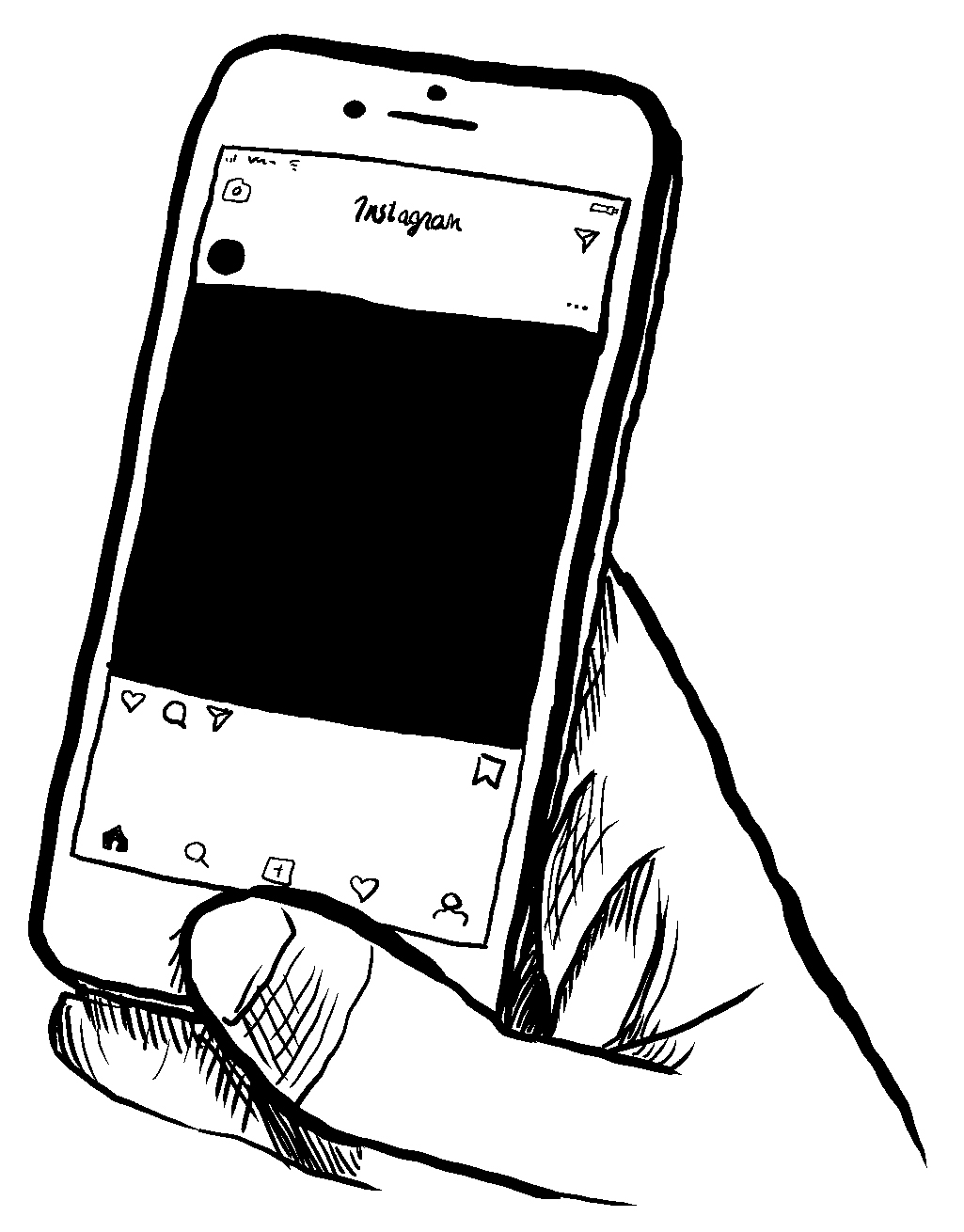“Social justice burnout”: the burden of the expectation to frequently post diversity-related content on the internet
April 2, 2021
 This
piece represents the opinion of the author
.
This
piece represents the opinion of the author
.
 Dalia Tabachnik
Dalia TabachnikLast summer, Black Lives Matter (BLM) finally got the attention of white America with the murder of 46-year-old George Floyd at the hands of police brutality. Like many other Black people who felt directly connected to the issue, I took to social media to post frequently about BLM, as well as to express my pain in hoping for a better America. I texted my high school friend group chat, telling them how much it hurt me to not see some of them post. With a fire fervently burning in my heart, I urged them to post on social media, talk about these issues with friends and family members and donate if they had the money. “Each of you has a platform,” I wrote. “You don’t know who, even outside of this country, can see your post and share it, like a butterfly effect,” I promised.
By the end of the summer, though, my posts were becoming less and less frequent: my fire had gone out. Why? It’s something I like to call “social justice burnout,” which describes the often detrimental emotions experienced when becoming aware of the overwhelming plethora of seemingly unsolvable social issues in today’s society. I soon found myself becoming numb, and was tired of:
Seeing videos of Black people dying. Seeing people aestheticize BLM and George Floyd. For example, there is a popular post that surrounds him in flowers, which I know is an artistic attempt to counter his tragic death but is still sickly-sweet to me. Seeing and signing petitions to release innocent Black men on death row, only to find out that the man that I was looking at on the petition website was now dead because the Trump administration doesn’t really look at Whitehouse.org petitions anyway, making my signature meaningless. Seeing that no matter how hard I work I will never be able to beat a white man: Black women with degrees from America’s pinnacle of higher education, Ivy Leagues, make less than white men with degrees from state schools.
With these emotions whirling inside of me, I became passive on social media; I was viewing, not posting. I had become what I hated most: a hypocrite. Every day my mind would flip a coin: heads for “hey, I should really repost, this is important,” and tails for “this is all futile, America is systemically racist, a post about lynching statistics with a light pink background won’t change anything.”
Since the summer, this guilt has been almost eating me alive, especially with the rise of anti-Asian hate crimes that have been happening recently. I have seen posts that run along the lines of, “If you like anime, K-pop and other East Asian media, then you should be bringing to light these issues that affect the Asian community.” I was compelled to post. Almost. But as of late, I have been thinking: what should drive posting about social justice issues? It shouldn’t be because your friend is, or because you consume a type of media. This is the same thinking that inspired the #Blacksquare, which ultimately did more harm than good. People thought, “Oh, well I like rap, I guess I can repost this Black square.” But this made BLM look like a trend and drowned out Black voices that were actually providing information.
Posting should not be obligatory, it should be done out of genuine care and regard. Because, as aforementioned, “forced” posting ends up overshadowing already marginalized voices. And sure, you can show your concern about social justice issues through posting on social media, but is that the only way to do so? At the end of the day, is education, whether it be on social media or through literature, not the ultimate goal? Or is it only valid when it is broadcasted to the entire world? I have not been posting on social media often, but through John F. and Dorothy H. Magee Associate Professor of Asian Studies and English Belinda Kong’s class, “New Fictions of Asian America,” I am truly learning about the plight of Asian people in this country by reading novels, articles and short stories. That is more effective, at least for me, than swiping through pastel pink posts about violence towards Asian people.
I don’t expect everyone to agree with the rationale behind my lack of posting. But what I want to emphasize is that we should respect a person’s reasons for not frequently posting on the internet. Western society has a problem with aestheticizing trauma and violence, which is something, especially in regards to social movements, that can affect people’s mental and emotional health. So, I ask everyone to be kind and, most importantly, educate yourself in the way that works best for you, offline or online.

Comments
Before submitting a comment, please review our comment policy. Some key points from the policy: